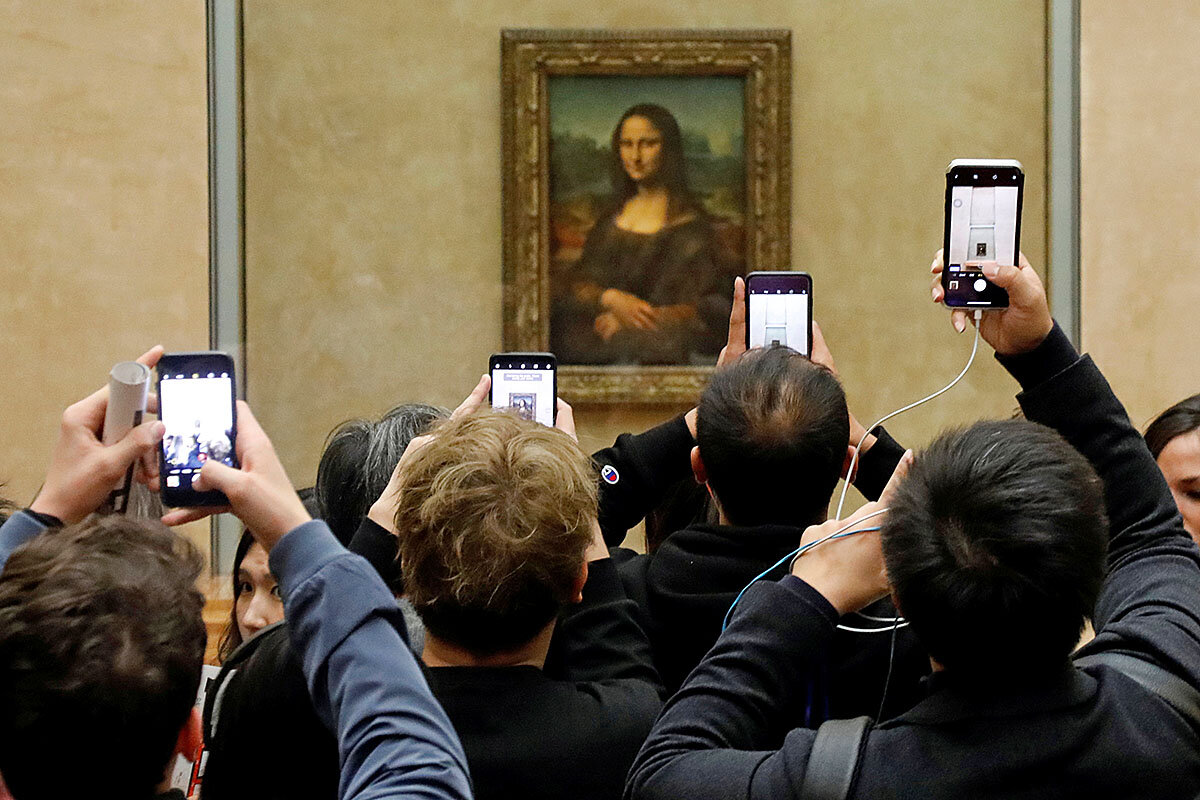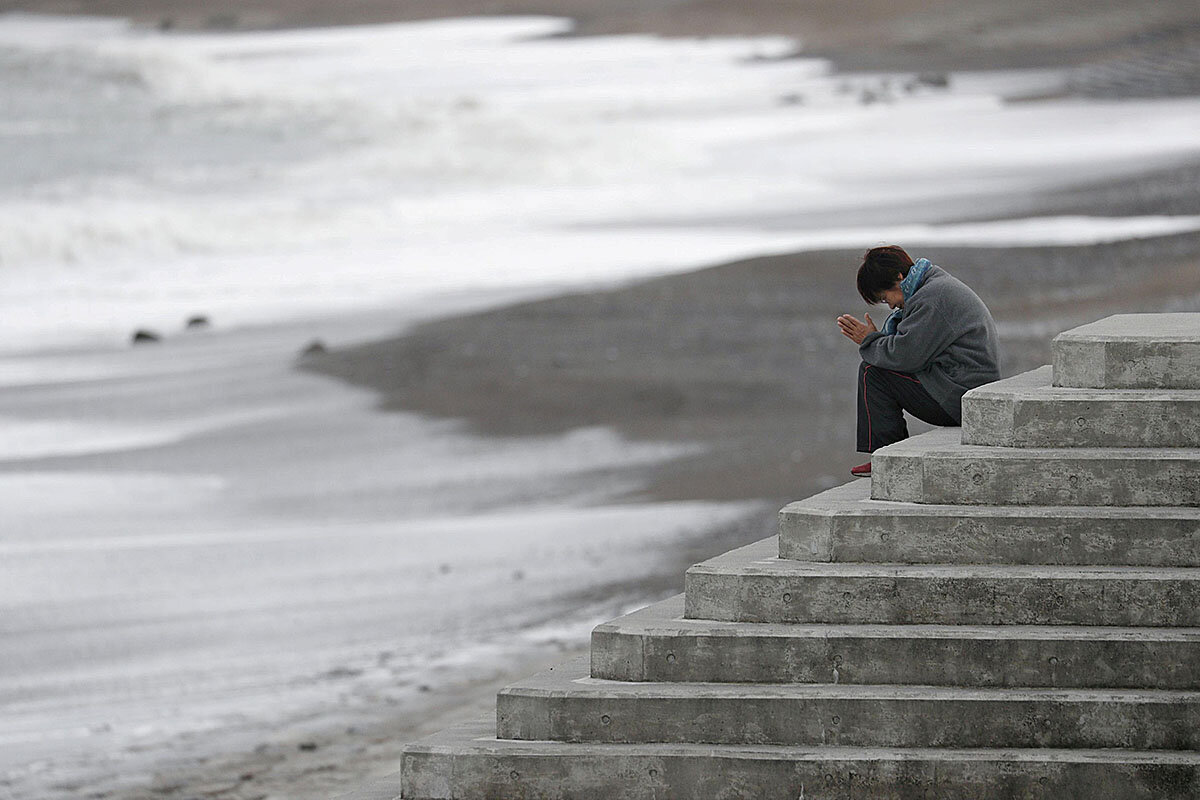What is a centrist? It sounds desirable amid a heated political moment. But centrism’s definition and practicality all depend on where you are standing.
Monitor Daily Podcast
- Follow us:
- Apple Podcasts
- Spotify
- RSS Feed
- Download
 Amelia Newcomb
Amelia Newcomb
After the crash of an Ethiopian Airlines flight this weekend, Ryan Brown, our Africa bureau chief, shared her thoughts on what the roster of passengers says about Africa’s place in the world. We thought you’d like to hear them:
A young Togolese crop scientist who loved sweet potatoes and believed they could help save his country from hunger. A Kenyan studying at Georgetown Law who dreamed of advocating for refugees in east Africa. A Nigerian-Canadian poet known for his acerbic wit and challenges to the powerful.
Like so many of the victims of Flight 302, which crashed near Addis Ababa Sunday, Kodjo Glato, Cedric Asiavugwa, and Pius Adesanmi were people whose lives reached across borders.
Those who died were academics, aid workers, activists, doctors, clergy, and tourists from 30-plus countries. Nearly two dozen worked for the United Nations. One advised the prime minister of Somalia. A Kenyan nun worked as a missionary in Congo.
It’s hard to imagine a group that better encapsulates how interconnected the world is or how important Africa is to that story. The wingspan of this tragedy stretches from Beijing to Ottawa. Its victims will be mourned in Maputo, Bratislava, and Moscow.
I would venture few would want to be remembered as victims of anything. “We are … dedicated to meeting the African continent at the level of agency and not victimhood,” Mr. Adesanmi said in an interview a few years ago.
Indeed, the passengers were the agents of 157 extraordinary lives. Lives defined by scathing satire. By the pursuit of justice. And by sweet potatoes.
Now to our five stories for today.










